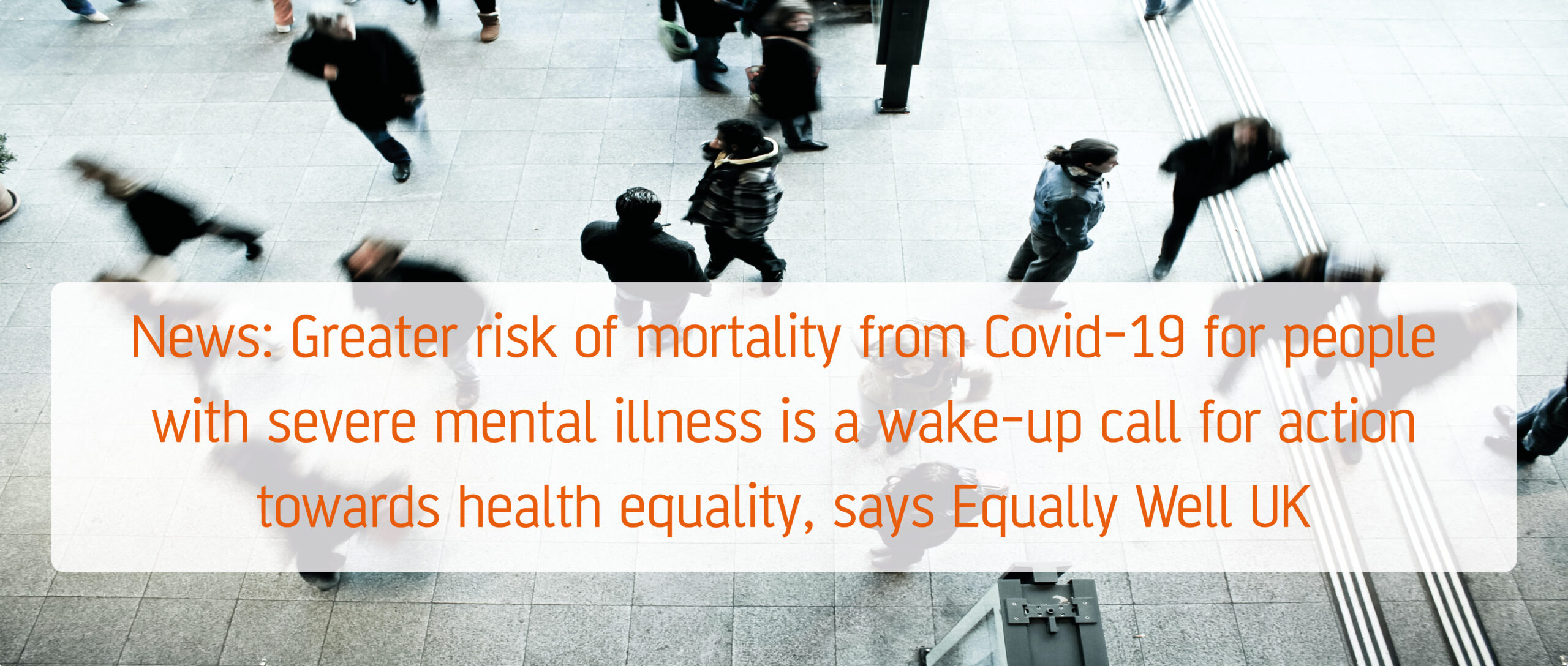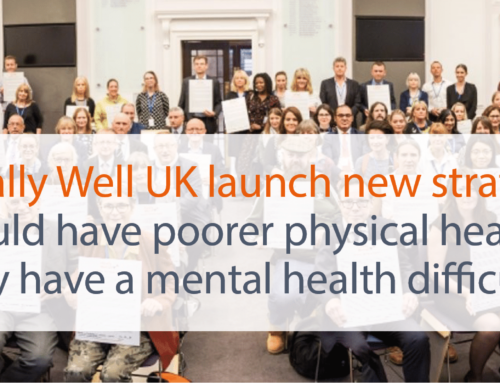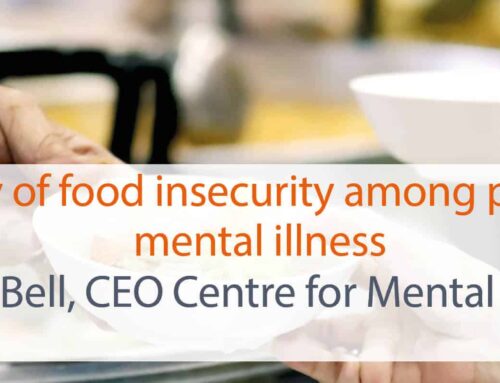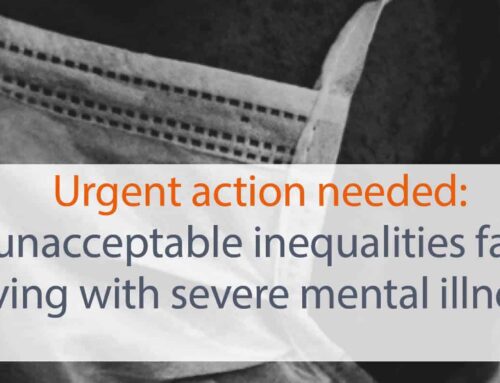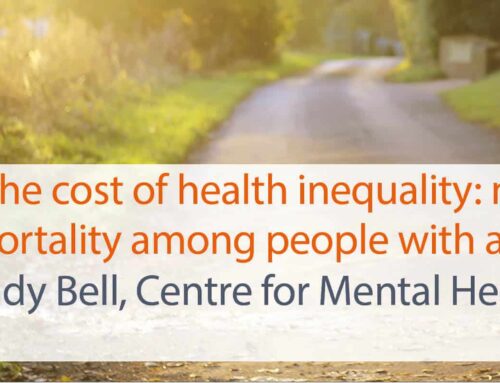Today research published in The Lancet Regional Health-Europe provides further evidence of the unacceptable inequalities faced by those living with severe mental illness. The study found that people living with severe mental illness were more at risk of dying from Covid-19 before, during and after the first peak of the pandemic than those not living with severe mental illness.
Andy Bell, Deputy Chief Executive of Centre for Mental Health, which hosts the Equally Well UK collaborative, said: “These are shocking figures. People living with a mental illness and people with learning disabilities have faced unacceptably high risks from Covid-19. Sadly this reflects the stark inequalities in health that already shorten people’s life expectancy by more than a decade. This cannot be allowed to continue unnoticed. We need urgent and concerted action to ensure people with long-term mental health conditions have fair access to vaccinations against infectious disease, to cancer screening, smoking cessation and other vital preventive health services, as well as equal treatment for physical health problems when they need it.
“This World Mental Health Day, as we reflect on the theme of ‘mental health in an unequal world’, it is imperative that we recognise the inequalities in access, treatment and preventative health services faced by people living with long-term mental health conditions. That means tackling poverty and economic inequality, too. We must make changes now and sustain them over time because we all have an equal right to good health and effective health care.”
Equally Well UK is a collaborative of organisations committed to equal physical health for people living with severe mental illness. Our shared vision is that everyone living with a long-term mental health condition has access to effective, timely, consistent and responsive help at every stage of their life for their physical health and has an equal chance of enjoying a healthy and, ultimately, equal life expectancy.

